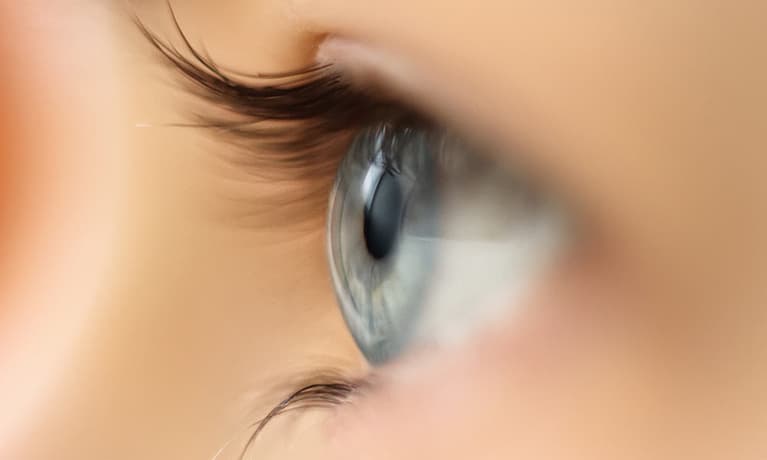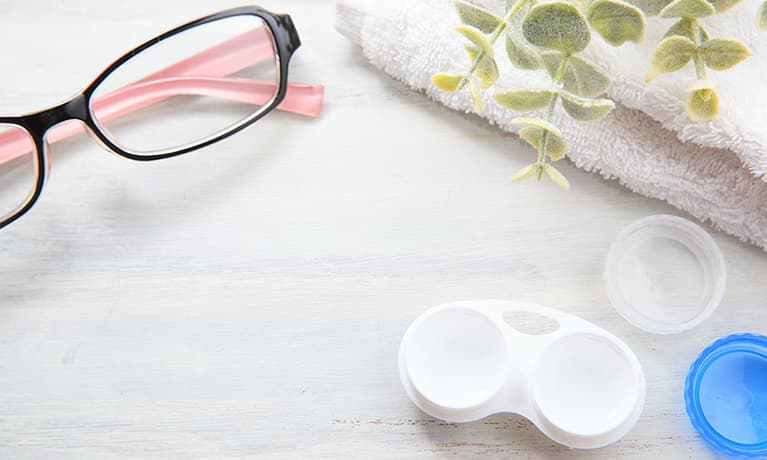The snow has melted, heavy winter clothing is put away, snow blowers are back in storage… Time to get the garden supplies ready, prep the lawn mower and watch the children run around outside. Despite the fun and excitement, for some of us springtime also brings the redness, tearing, and itching of allergic conjunctivitis.
Many of us suffer from dry eye symptoms in the winter and allergies in the spring. If you are a person who kept artificial tears handy all winter, don’t put them away just yet. Although the cold, dry air is gone away, it has been replaced by the nuisance of allergens in the air.
There are several ways in which to treat allergy-affected eyes:
Limit Contact Lens wear – Allergens will build up and stick to your contacts, causing prolonged exposure and irritation. Daily disposable contact lenses are a great option this time of year for this very reason – having a fresh, clean lens every day can make a tremendous difference.
Avoid the Allergen – If the pollen count is too high, stay indoors if possible. When going outside, wear wrap-around sunglasses to protect the eyes.
Allergy Shots – Also known as immunotherapy, an injection containing microscopic amounts of the allergens are given regularly to assist in building up an immunity to your allergens.
Medications – Remember there are several types of eye drops that can be utilized, such as artificial tears and over-the-counter(OTC) allergy medications in both oral and eye drop forms. Prescribed medications may also be an option should the OTC therapy not work well enough. Some categories of OTC & prescribed medications include:
- Antihistamines/
- Mast Cell Stabilizers
- Decongestants
- Steroids
- NSAIDS (Non Steroidal Anti Inflammatory Drugs)
As always, if your attempts to manage your allergies have failed, make sure you see your eye doctor to see what else may help.
Written by Bart W., Technician with Milwaukee Eye Care










